Data Engineering internship in people analytics: How it works at HRForecast
As an advocate for skills development, HRForecast offers numerous opportunities for the development and growth of its team members. In particular, the company regularly provides internship opportunities for students. In this blog, we’ll share the story of Aakash V Raman, a Munich Technical University exchange student from Singapore who joined HRForecast on an internship in 2021.
Meet Aakash
Q: What are you studying and why?
Aakash: After my Polytechnic education, I went to take my university degree at the National University of Singapore in 2019. Here, I’m studying mechanical engineering. I’ve completed two years of the program, and now I’m in my final year, which starts in January 2022.
Since childhood, I’ve been creatively inclined, and I loved engineering because I wanted to build things. As I grew up, I realized that it’s not just about that, that engineering is such a big responsibility and it really can change things around you, change the world.
Now at this point, when I look to the future, I realize how technology is combining with engineering and things are evolving even further
Aakash V Raman,
a Munich Technical University exchange student from Singapore
Internship experience
Q: What motivated you to join the program and specifically pick HRForecast?
Aakash: The part of the internship program I’ve joined is called NOC (NUS Overseas Colleges). It’s an entrepreneurship themed program. Within it, students get exposure to worldwide opportunities in startups based in Asia, Europe, America.
This was one of the main reasons why I joined this program because I’m also keen on entrepreneurship. It’s something which is very trendy now, as I suppose many people want to start their own business, me included.
I joined this program for six months (July – December 2021) and explored options in Europe, specifically Munich and Stockholm. I chose Munich because it’s evolving and there are lots of tech startups. So, I was given a list of Munich-based startups to choose from and HRForecast happened to be on the list 🙂. I looked through the website and I thought: “Wow, so cool, that they have offices in Germany and Singapore and are working remotely.” I thought it was brilliant.
That got me to reach out to HR manager Alina. From there, we worked out a way where I could actually have the opportunity of working as a Data Engineer.
Q: Have you joined the internship remotely?
Aakash: Yes, I started working in Singapore, partly because the countries had traveling limitations due to the pandemic. In October, Germany opened the borders for Singaporean travelers. It took me one to two months to arrange everything related to the visa and work permits. And finally, in November, I made it to Munich and stayed there until Christmas.
Q: You’ve shared that you are interested in entrepreneurship, decision taking, and vision-related aspects. What else did you want to learn from this internship? And what value did you aim to add to your role?
Aakash: My role within this project was a Data Management Engineer. Since I’m studying mechanical engineering, this role was very new for me. I honestly had not much experience and knowledge in what I was going into. So, I went into the room without knowing much, but fortunately, I managed to learn on the job. Specifically, I managed to appreciate how important it is to maintain a database and manage it at a high level.
As for skills which I brought to the table, I think it was the creative aspect: I have experience in UI/UX, a little bit of prototyping. Also, I think my soft skills are fairly good in terms of being a good team player, being independently driven to do work, and solving problems creatively.
Hence, I was involved in the UI/UX side of things for the data team, working on qualitative aspects and maintenance of the database. That was perfect for me because I feel it’s quite generic, not very narrow: I was not just doing database engineering, but rather was involved in the creative side of things. So, then I realized my skill sets and my expertise managed to complement what I’m supposed to be doing.
Join HRForecast team
Bring the passion to create, take ownership, and use logic and ability to execute. Explore your career opportunities at HRForecast.
Working process
Q: Did you notice any significant cultural differences in the way we work?
Aakash: I guess there are definitely a few.
My past work experiences have been in Singapore. And HRForecast was the first startup I was working for. That’s point one. Point two is, this is my first remote experience. So, I had two very new experiences for me.
In terms of cultural differences, I think the first is that I felt that there’s no hierarchy, meaning you can easily reach out to the founders and people from other teams when you have an idea to share or need help. The team is very open-minded. In the data management team I worked with, we took views and opinions from every team member, and at the same time, we got valuable feedback for learning.
That open-mindedness and no hierarchies in place were fantastic for me. The biggest organizations I’ve worked for previously had these hierarchies. Somehow you find it a bit awkward or feel a bit shy to approach and say: “Hey, I don’t like what we’re doing or where this is going.” But here, I had the freedom to do that. And of course, I must critically evaluate my ideas or whatever I say before actually saying it.
One more point is about independent working. It’s one thing that I think was quite different here. My data team worked according to a Scrum board with backlogs. Yet, the projects we’d been given didn’t provide instructions on how to accomplish them explicitly. Of course, we had guidelines, but using the guidelines each member was supposed to produce their own roadmap towards achieving the goal. So, this independent way of working and structuring your work was different for me from the start.
The team was quite good at it, and open to helping out. I managed to communicate with them and get help through that iterative feedback loop. Finally, I found a way to organize the work structure, and have big projects accordingly bricked into smaller subtasks. These are very key learning points for me.
Q: What kinds of challenges have you been involved in while working with the data management team?
Aakash: Mainly and Skill and Job Catalogues.
Skill Catalogue stores a collection of skills that is dynamic and constantly updated:
- It supports training and validation of algorithms used in the smartPeople and smartPlan tools.
- Skills in this catalogue are classified according to a unique hierarchy based on domain of knowledge.
- Each skill name has a group of alternate keywords attached.
Job Catalogue stores a collection of job titles constantly updated via crawling from internet sources:
- This catalogue supports training and validation of algorithms used in the Strategic Workforce Planning (SWP) tool.
- Job titles there are classified according to a unique hierarchy based on the professional field of expertise.
- Raw crawled job data is given a standardized title (universal title) with each attached to a group of alternate keywords.
Specifically, I oversaw evaluating existing classification structures and proposed new ways to refine and improve data classification accuracy and consistency for Skill Catalogue. In terms of Job Catalogue, I was involved in quality management activities and performed QC for 2,500 standardized job titles across 9 different job families.
Key takeaways
Q: What are your key takeaways from this internship experience?
Aakash: These would be my three:
- HRForecast CEOs have inspired me to identify opportunities early and take risks to enter unfamiliar industries and zones that I have no prior knowledge in.
- I am currently working on an Edu-tech tuition matchmaking platform through a social enterprise project that I co-founded via the NUS Social Impact Catalyst student club. The idea is to provide personalized tuition experiences to all students, while striving to support the underprivileged student community through affordable and convenient tuition education. Overseeing the entire conceptualization and development of the platform, I Intend to use my experience with the Agile Team Management framework, one which I have gained through my collaboration with the Data Engineering team at HRForecast, to optimize the performances and work output of my product development team, as a start.
- Working in a multi-cultural team with diverse personalities and innovative minds from Bremen, Munich, and Kyiv, I was fortunate to have forged strong and wonderful life-long connections with my team members. Through open-minded conversations, I could bring my ideas forward without hesitation while, at the same time, appreciating the importance of ‘big data’ trends in today’s most impactful solutions out there.
Also, while joining this internship program wasn’t an easy process for me, I was still privileged to be a part of it. There are many people out there who were not as privileged. Working with HRForecast encouraged me to come up with an idea about making this overseas internship more accessible to other people and implement practices such as upskilling, detecting skills gaps, and other things HRForecast is tackling.
So, if I were to really take inspiration, I took inspiration from my work at HRForecast and applied it to the ideas or the projects I have as part of this program. That’s where the connection comes.
Q: That’s amazing! Talking on this idea of how to make the internship more accessible for students, perhaps you’d like to share a few tips on how other students can get prepared for an internship interview. What’s the best way to apply to be noticed?
Aakash: The first thing is to create a LinkedIn profile. That’s number one. You must keep your professional presence online. If not, it’s exceedingly difficult to find opportunities.
As for the interview tips, it’s a bit hard to say, as my interview with Alina went really well. She was kind and didn’t ask me probing questions. If you have a technical interview though, the point here is to focus on your thought process and your logic of thinking, because I think recruiters are more concerned with that. They’re not concerned with the definitive answer. To be honest, I think the answer can be anything, but if your thought process is logical and well-structured, it shows what kind of person you are and if there’s much scope to improve.
If I were to give any tips from my past experiences, I would say really to learn about the organization that you’re going to be part of, to understand the company’s values. It’s also essential to learn a bit about the founders or management, key people in the business.
Also, evaluate your skills. Explore which solutions the company provides and think of how your skills can complement this company. How can your skills be bridging there between you and the solutions? How can you form this bridge? So, I think that’s where applicants should focus on and try to prepare.
Finally, I guess everyone needs to have a good CV and a good cover letter. And again, when you’re looking at the cover letter, it’s not just about throwing in whatever you did. You’d rather think: “Okay, I’ve done this, but how can this help you as now I’m joining your company? How can this help your growth?” Those are some things that I’ve learned.
Aakash (on the right) meets HRForecast Munich team
Join HRForecast
HRForecast is a community of like-minded people that appreciate professional growth, continuous learning, and keeping a perfect work-life balance working remotely. We think fast and promote a culture of independence, decision making, and minimum bureaucracy in every working process.
Our product and engineering team is growing. Interested in joining the team? Check out the details and apply:
Stay up to date with our newsletter
Every month, we’ll send you a curated newsletter with our updates and the latest industry news.


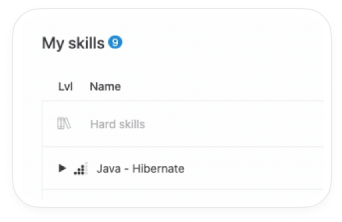

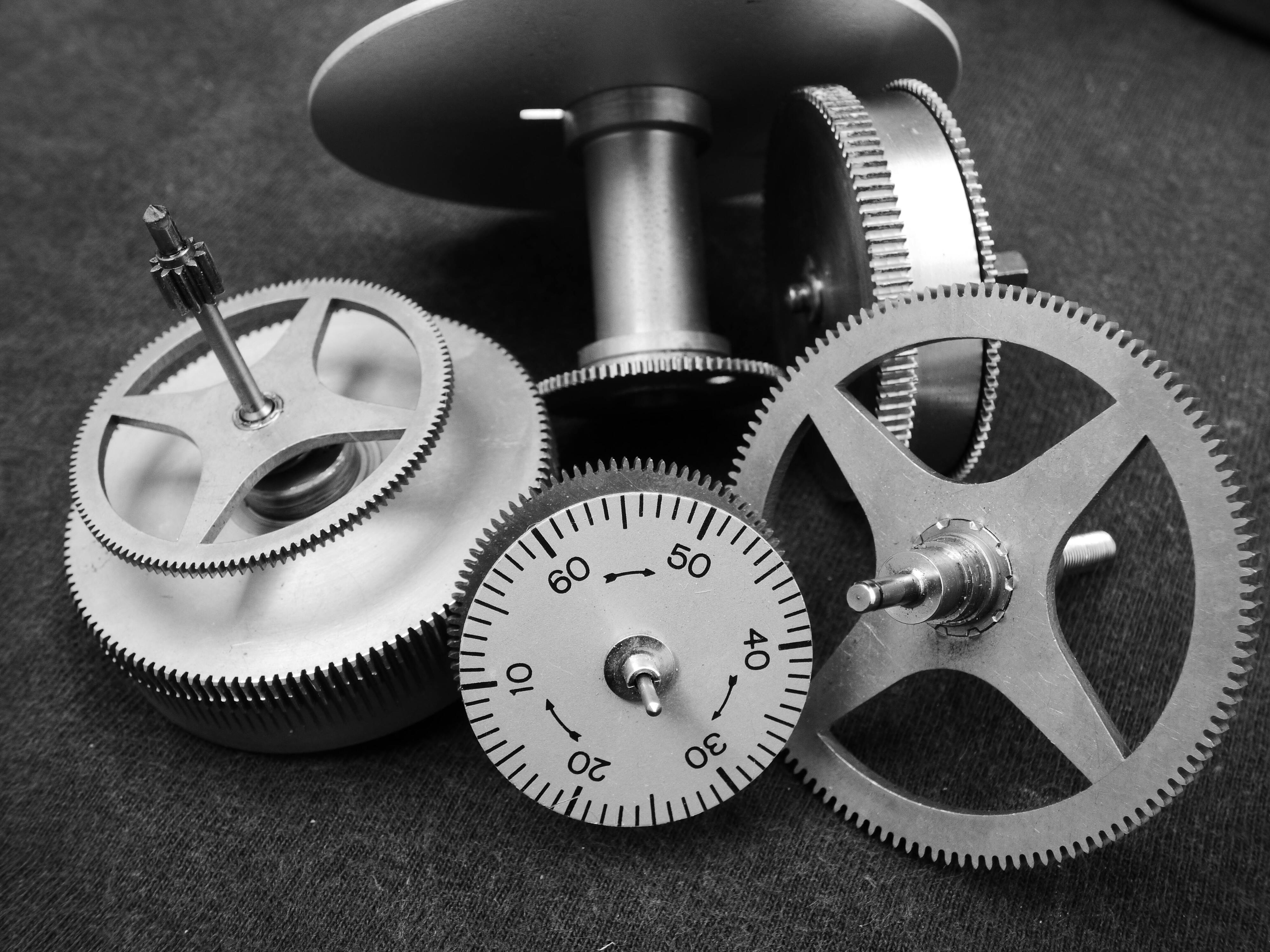


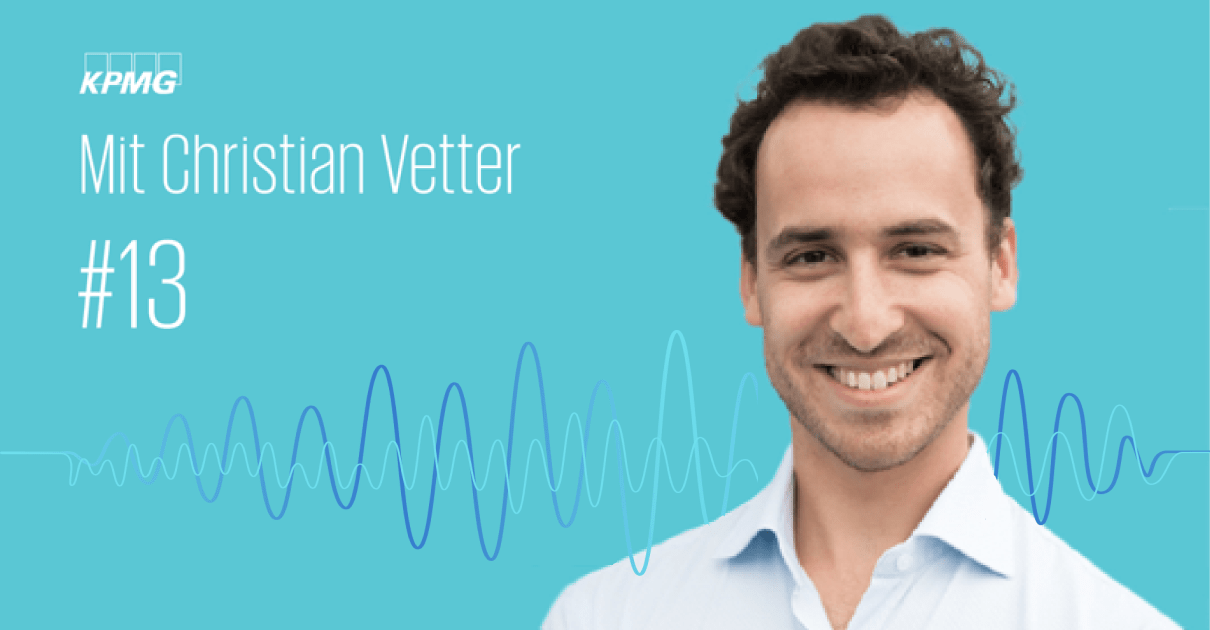
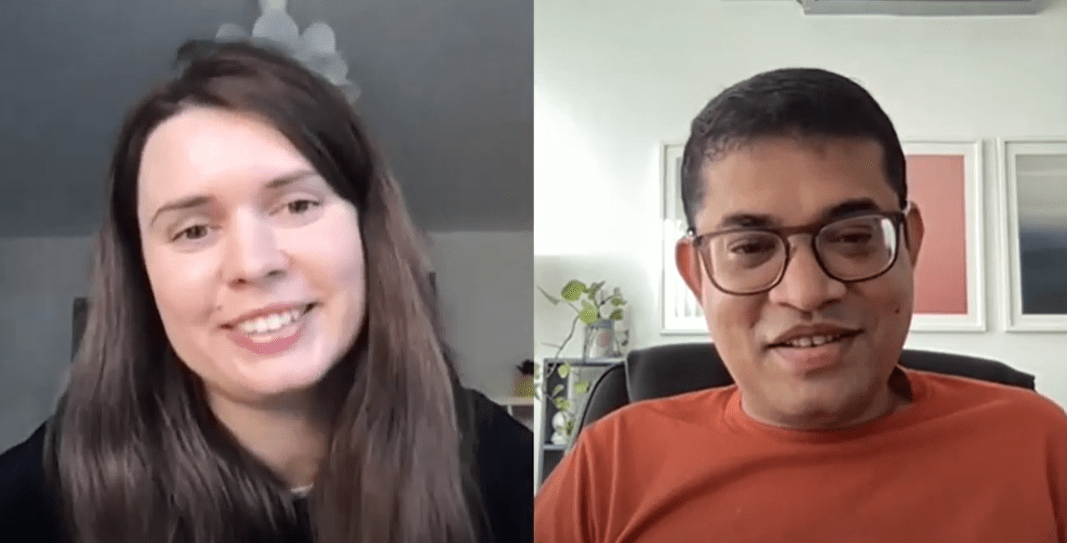
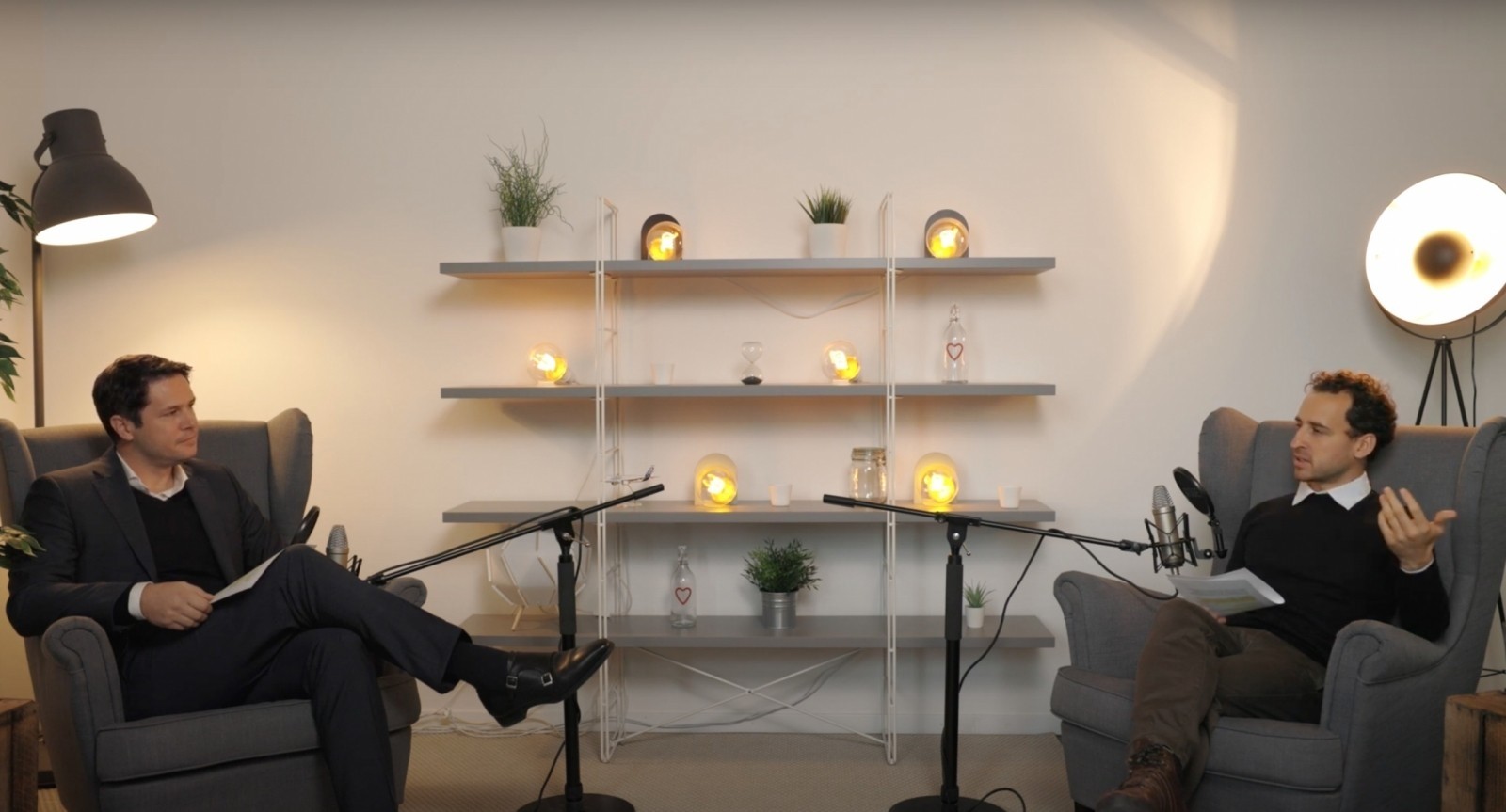



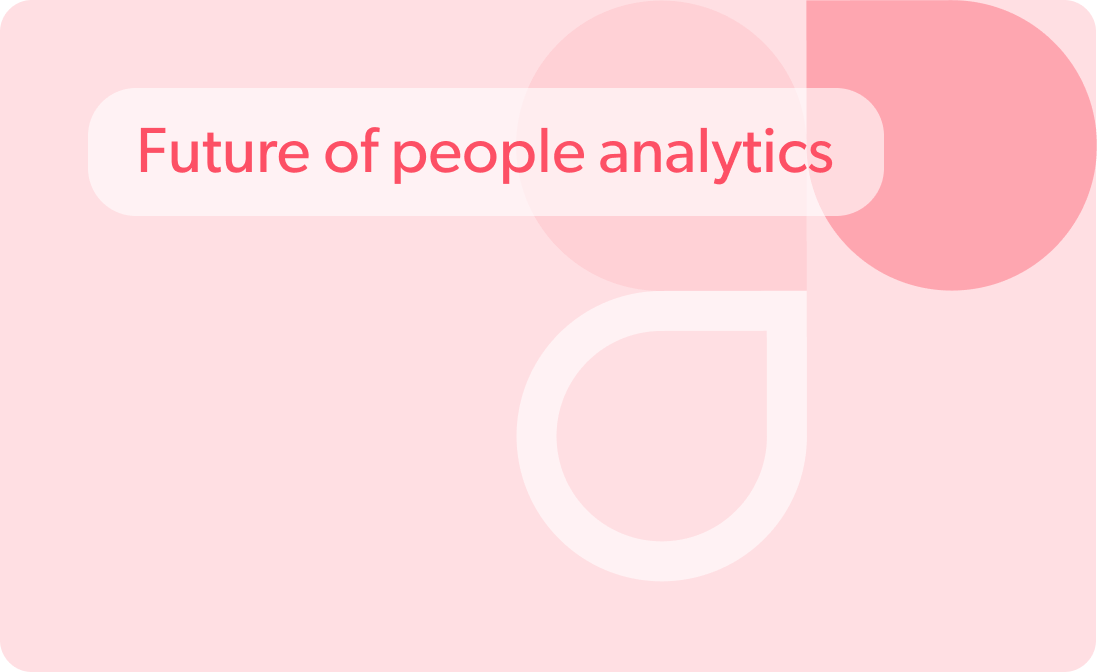
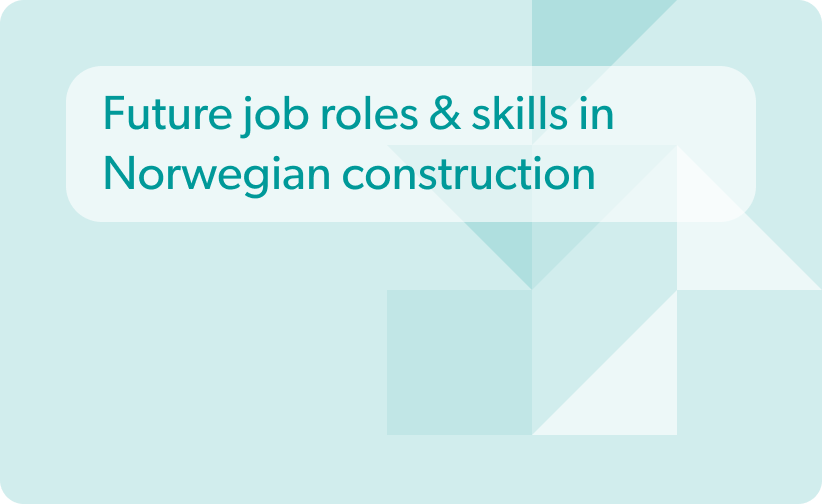
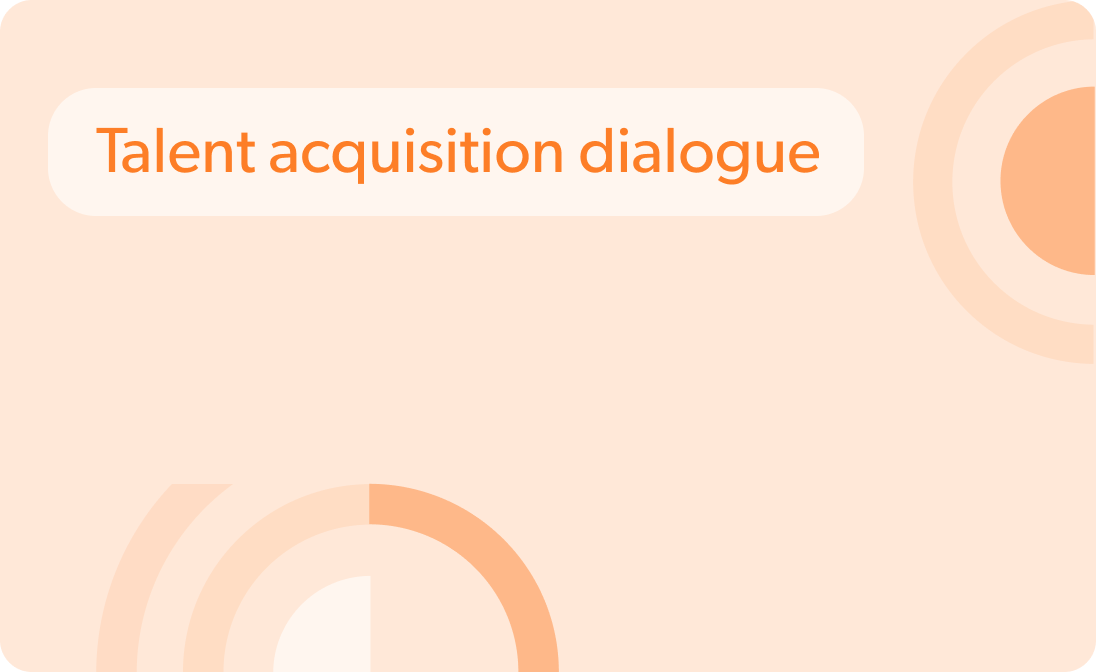


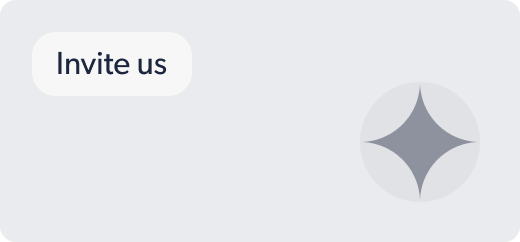
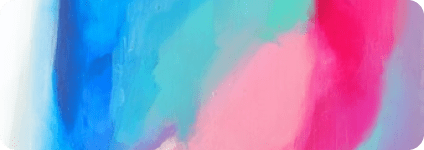








 info@hrforecast.de
info@hrforecast.de
 +49 89 215384810
+49 89 215384810






